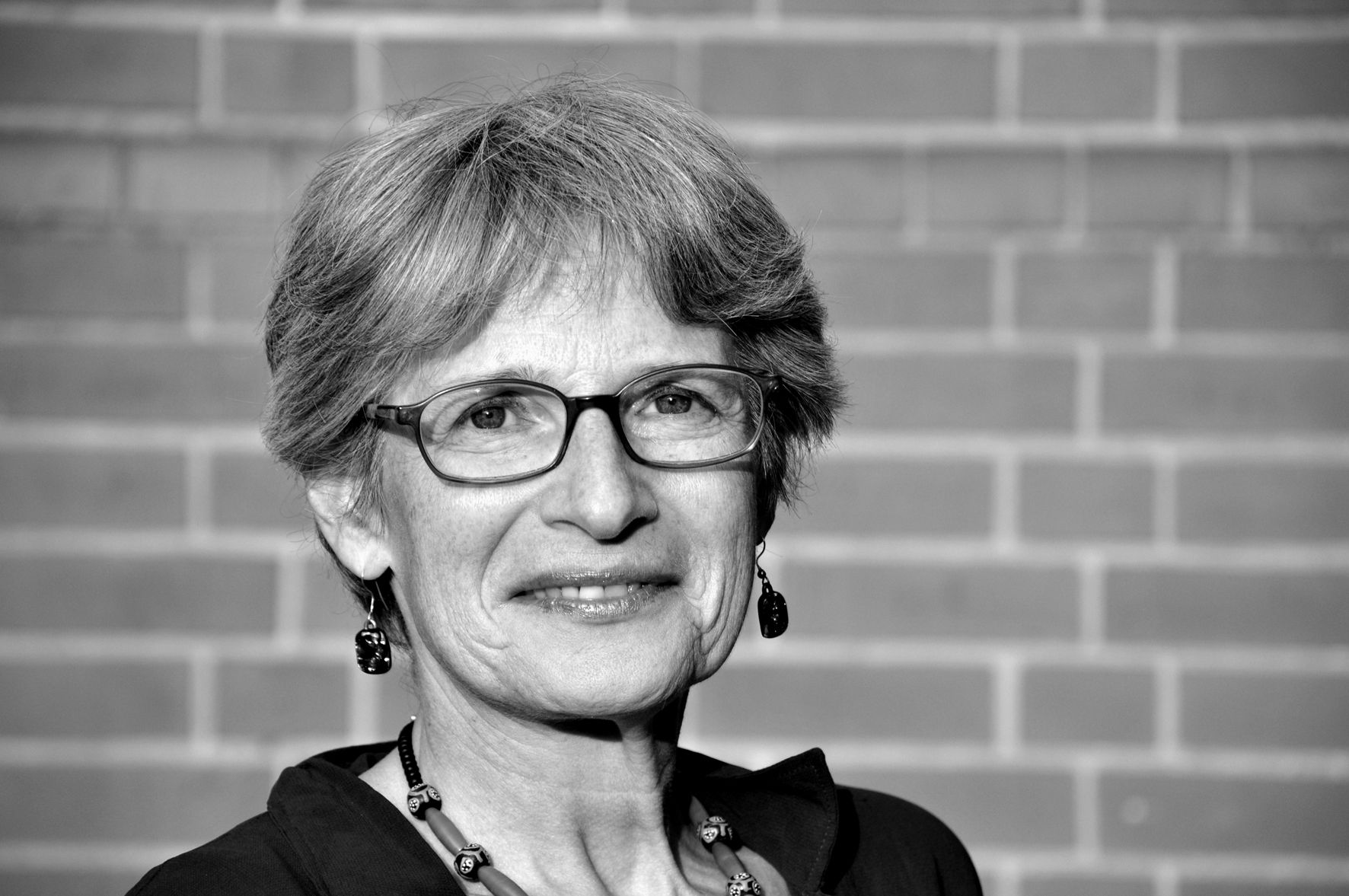Remapping Survival: Jewish Refugees and Lost Memories of Displacement, Trauma, and Rescue in the Soviet Union, Iran, and India
USC Max Kade Institute for Austrian-German-Swiss Studies
2714 S. Hoover Street
Los Angeles, CA 90070
United States

A lecture by Atina Grossmann (Cooper Union, New York)
USC Max Kade Institute for Austrian-German-Swiss Studies
2714 S. Hoover St., Los Angeles CA 90070
(Parking available at the Institute or on Hoover.)
In this lecture, Professor Atina Grossmann addresses a transnational Holocaust story that remarkably – despite several decades of intensive scholarly and public attention to the history and memory of the Shoah – has remained essentially untold, marginalized in both historiography and commemoration. The majority of the c. 250,000 Jews who constituted the “saved remnant” (She’erit Hapleta) of East European Jewry gathered in Allied Displaced Persons camps survived because they had been “deported to life” in the Soviet Union. Moreover, Iran became a central site for Jewish relief efforts as well as a crucial transit stop for the Polish Army in Exile and the “Teheran Children” on their way to Palestine; Jewish refugees, both allied and “enemy alien,” were also a significant presence in British India, in internment camps, orphanages, and the Jewish Relief Association of Bombay. In this lecture, Professor Grossmann seeks to integrate these largely unexamined experiences and lost memories of displacement and trauma into our understanding of the Shoah, and to remap the landscape of persecution, survival, relief and rescue during and after World War II. She asks how this “Asiatic” experience shaped definitions (and self-definitions) as “survivors,” in the immediate postwar context of displacement and up to the present globalization of Holocaust and post-colonial memory, including a very recent “boomlet” of narratives (electronic and hard-copy publications, re-publications, and translations into English) about “surviving the Holocaust” in the Soviet Union.
Atina Grossmann is Professor of History in the Faculty of Humanities and Social Sciences at the Cooper Union in New York City. Publications include Reforming Sex: The German Movement for Birth Control and Abortion Reform, 1920-1950 (1995), Wege in der Fremde: Deutsch-jüdische Begegnungsgeschichte zwischen New York, Berlin und Teheran (2012), and co-edited volumes on Crimes of War: Guilt and Denial in the Twentieth Century 2002) and After the Nazi Racial State: Difference and Democracy in Germany and Europe (2009). Her book, Jews, Germans, and Allies: Close Encounters in Occupied Germany (2007, German, Wallstein 2012) was awarded the George L. Mosse Prize of the American Historical Association and the Fraenkel Prize in Contemporary History from the Wiener Library, London. Fellowships include NEH, German Marshall Fund, Institute for Advanced Study, American Academy in Berlin, and the Davis Center at Princeton University; she has also held Guest Professorships at the University of Haifa, Friedrich Schiller University in Jena and Humboldt University in Berlin. Her current research focuses on “Remapping Survival: Jewish Refugees and Lost Memories of Displacement, Trauma, and Rescue in the Soviet Union, Iran, and India,” as well as the entanglements of family memoir and historical scholarship.
Refreshments will be served. Please RSVP at [email protected].
This event is presented in conjunction with the USC Max Kade Institute for Austrian-German-Swiss Studies.